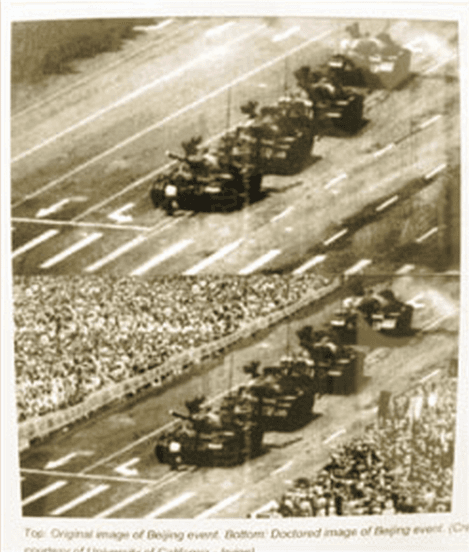“Father is close, mother is close, but neither is as close as Chairman Mao.” So went the slogan ubiquitous during China’s “Great Proletarian Cultural Revolution,” a time when the communist regime’s ten-year campaign to destroy traditional culture resulted in tens of millions of deaths, suicides, and cases of imprisonment, torture, or public humiliation.
Decades later, regime propaganda is still riddled with contradictions and fallacies aimed at buttressing the authoritarian state—“deliberate exercises in doublethink,” as George Orwell would have termed them.
Here are 10 of the most unbelievable things the Chinese Communist Party or state-run media have said in recent years.
1. Celebrating the ‘benefits’ of smog
While Chinese people lament the grayness of China’s skies and the stifling effects of air pollution, China Central Television (CCTV), China’s state broadcaster, conjured a list of five supposed benefits of smog.
- Smog unifies the Chinese people with a universal problem to complain about.
- It equalizes the populace, as both the rich and the poor are vulnerable.
- It raises awareness about the cost of rapid progress.
- It facilitates humor in the form of smog-related jokes.
- It educates people: “Our knowledge of meteorology, geography, physics, chemistry and history has progressed.”
Not much later, the Global Times, a state-run newspaper, reported that air pollution gives China a military advantage by blurring the line of sight from space, thus limiting the penetration of foreign spy satellites.
All in all, an excellent way of seeing the cup as half full.
2. The Tiananmen Massacre and an Orwellian Photoshop Job






